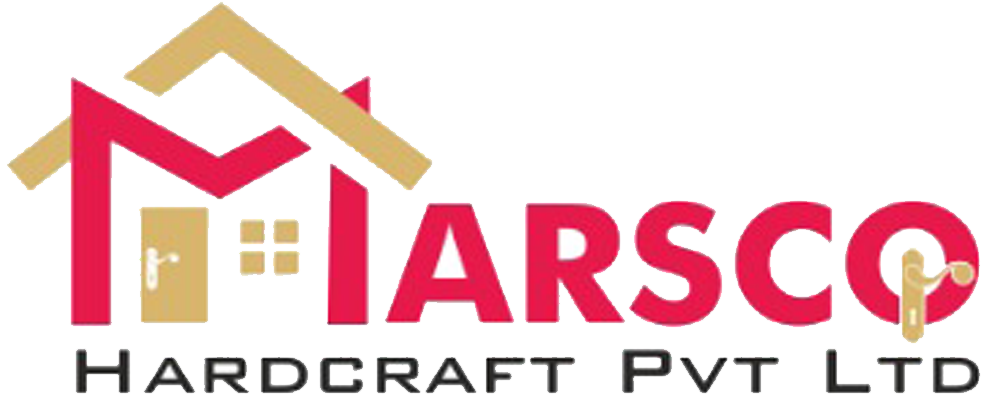Forging is a manufacturing process where metal is shaped using localized compressive forces. Custom forgings are tailored to meet specific requirements, making them ideal for specialized applications. However, purchasing custom forgings requires careful consideration to ensure you receive a product that meets your needs. Here are key factors to consider when buying custom forgings:
1. Material Selection
The choice of material is critical in determining the strength, durability, and performance of the forged component. Common materials used in forging include:
- Steel: Offers high strength and durability, suitable for a wide range of applications.
- Aluminum: Lightweight and corrosion-resistant, ideal for aerospace and automotive industries.
- Titanium: Combines high strength with low weight, commonly used in high-performance applications.
- Copper and Alloys: Known for excellent conductivity, used in electrical applications.
Consider the properties required for your application, such as tensile strength, corrosion resistance, and weight, when selecting the material.
2. Forging Process
Different forging processes can produce varying results. The main types include:
- Open Die Forging: Involves deforming the metal between multiple dies that do not completely enclose the material. Suitable for large components.
- Closed Die Forging (Impression Die): Uses dies that enclose the material, allowing for more precise shapes and better surface finishes. Ideal for high-volume production.
- Seamless Rolled Ring Forging: Produces strong, circular components without welds or joints, commonly used in bearing and gear applications.
Choose the process that best matches the complexity, size, and precision required for your component.
3. Manufacturer’s Expertise and Capabilities
The experience and capabilities of the forging manufacturer play a significant role in the quality of the final product. Consider the following:
- Experience: Look for manufacturers with a proven track record in producing the type of forging you need.
- Equipment: Ensure the manufacturer has advanced forging equipment and technology to meet your specifications.
- Certifications: Check for industry certifications and quality standards, such as ISO 9001, to ensure reliable and consistent production.
4. Design and Engineering Support
Custom forgings often require specialized design and engineering support. Manufacturers with in-house design teams can provide valuable assistance in optimizing the design for manufacturability and performance. Look for:
- CAD Capabilities: The ability to create detailed computer-aided designs to visualize and refine your component.
- Finite Element Analysis (FEA): To predict how the forged component will behave under various conditions, ensuring it meets performance requirements.
- Prototyping Services: Allowing you to test and validate the design before full-scale production.
5. Tolerances and Specifications
Precision is crucial in custom forgings. Clearly define the tolerances and specifications required for your application, including:
- Dimensional Tolerances: Ensure the component fits precisely within the intended assembly.
- Mechanical Properties: Specify requirements for hardness, tensile strength, and impact resistance.
- Surface Finish: Determine the level of surface finish needed for your application, especially if the component will be exposed to harsh environments.
6. Lead Time and Production Volume
Consider the lead time required to produce the custom forgings and ensure it aligns with your project timeline. Additionally, evaluate the manufacturer’s capacity to handle the volume of forgings you need. Some manufacturers may offer better lead times and pricing for higher volumes, while others may specialize in low-volume, high-precision orders.
7. Cost and Budget
While cost is always a factor, it’s essential to balance price with quality and performance. Obtain detailed quotes from multiple manufacturers and compare:
- Material Costs: Based on the type and grade of material used.
- Production Costs: Including tooling, labor, and any secondary processes like heat treatment or machining.
- Shipping and Logistics: Ensure the total cost includes delivery to your location.
Remember, the lowest price may not always represent the best value if it compromises quality or performance.
8. Quality Assurance and Testing
Quality assurance is vital to ensure the forged components meet your specifications and standards. Look for manufacturers that offer comprehensive testing and inspection services, including:
- Non-Destructive Testing (NDT): Methods like ultrasonic, magnetic particle, or dye penetrant testing to detect surface and subsurface defects.
- Mechanical Testing: To verify material properties such as tensile strength, hardness, and impact resistance.
- Dimensional Inspection: Using precision measurement tools to ensure components meet specified dimensions and tolerances.
Conclusion
Purchasing custom forgings requires a thorough understanding of your requirements and careful evaluation of potential manufacturers. By considering factors such as material selection, forging process, manufacturer’s expertise, design support, tolerances, lead time, cost, and quality assurance, you can ensure you receive high-quality forged components that meet your specific needs. Investing time in selecting the right forging partner will pay off in the long run with reliable, high-performance components for your applications.

Hi, this is a comment.
To get started with moderating, editing, and deleting comments, please visit the Comments screen in the dashboard.
Commenter avatars come from Gravatar.